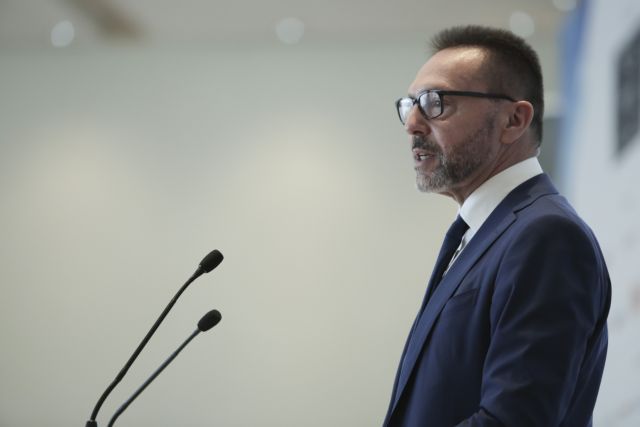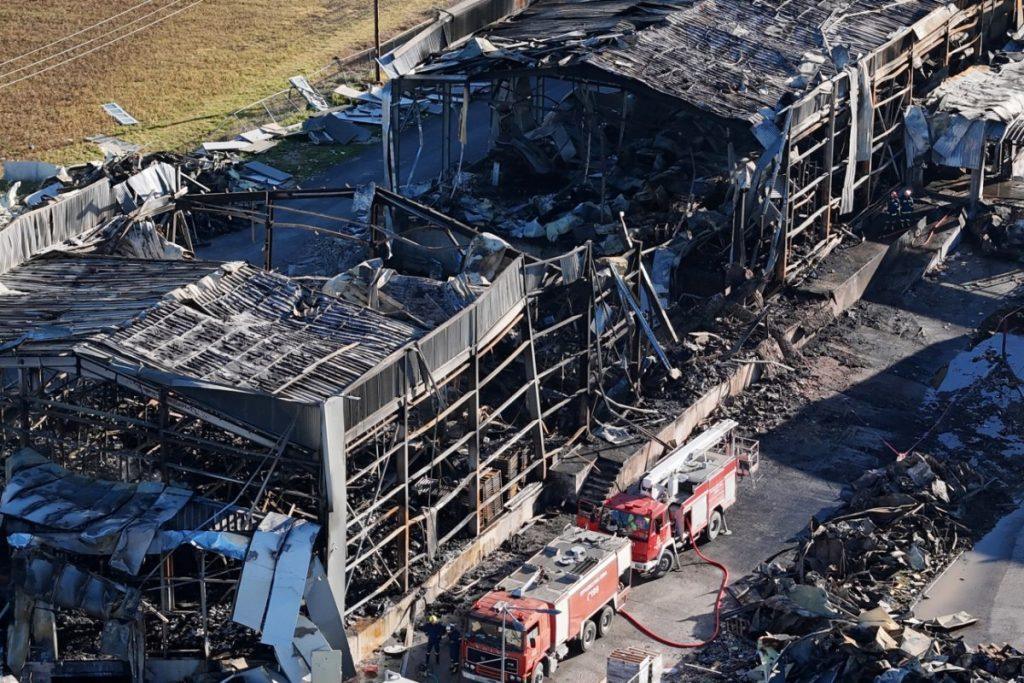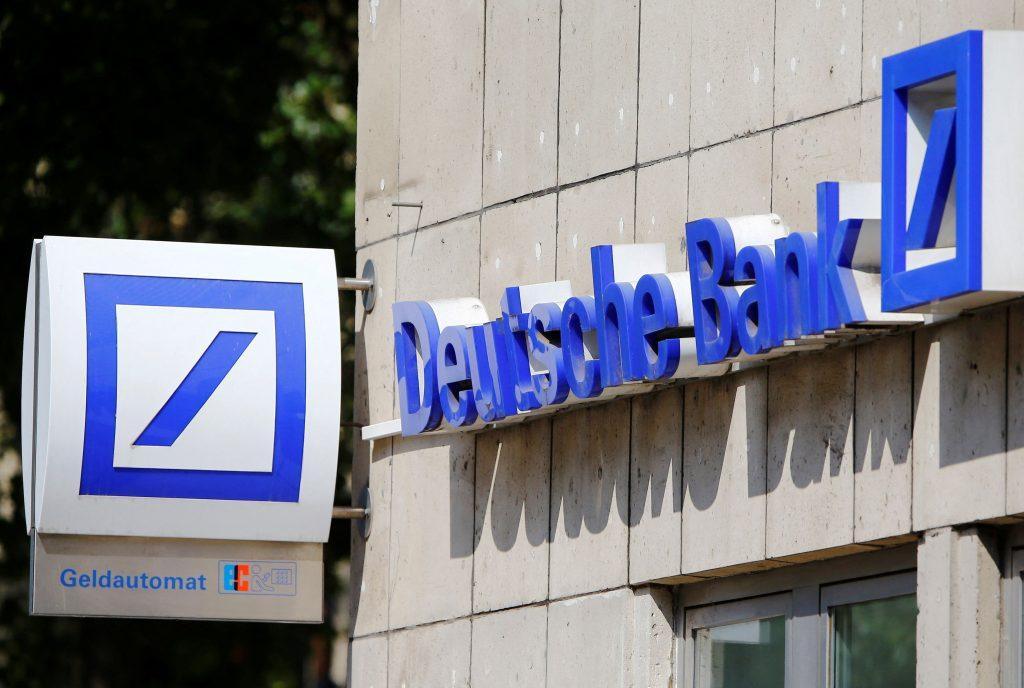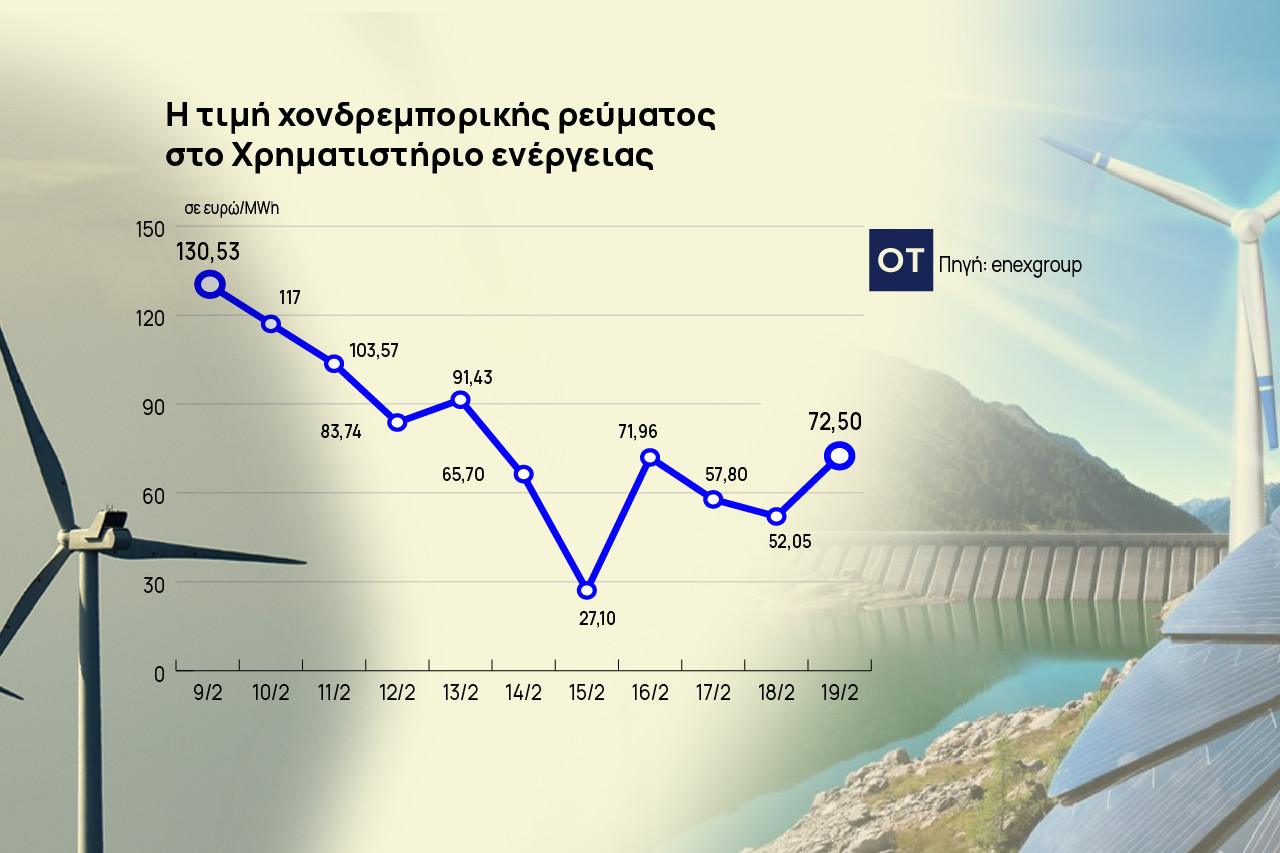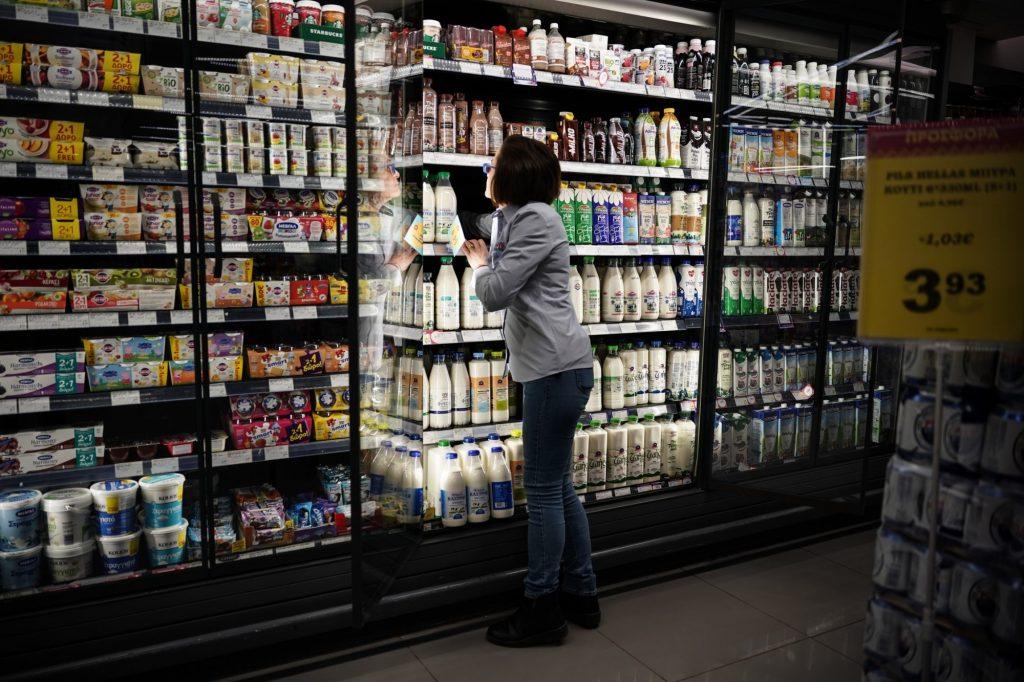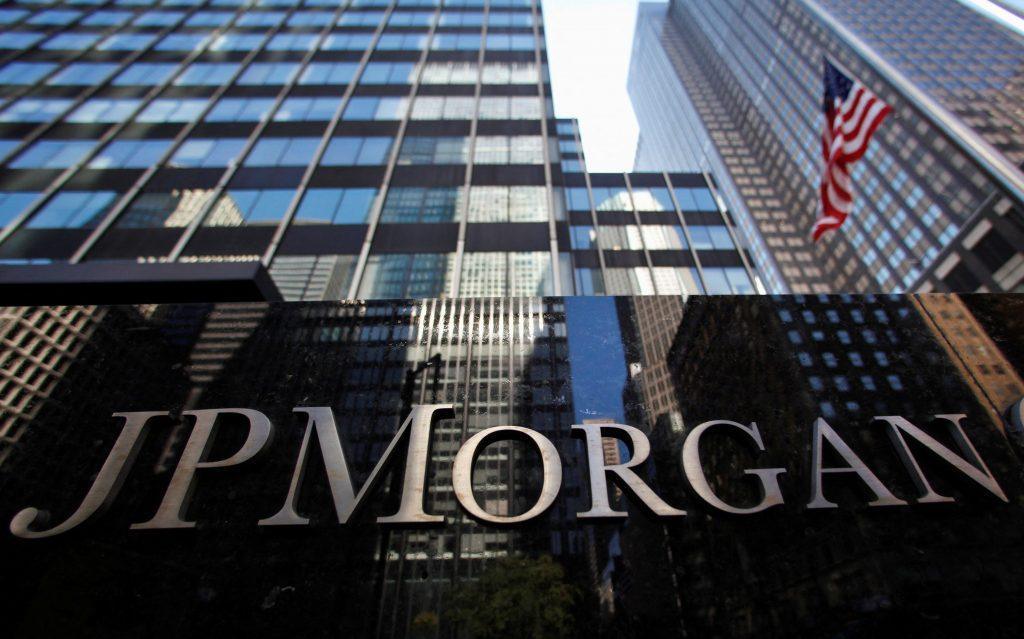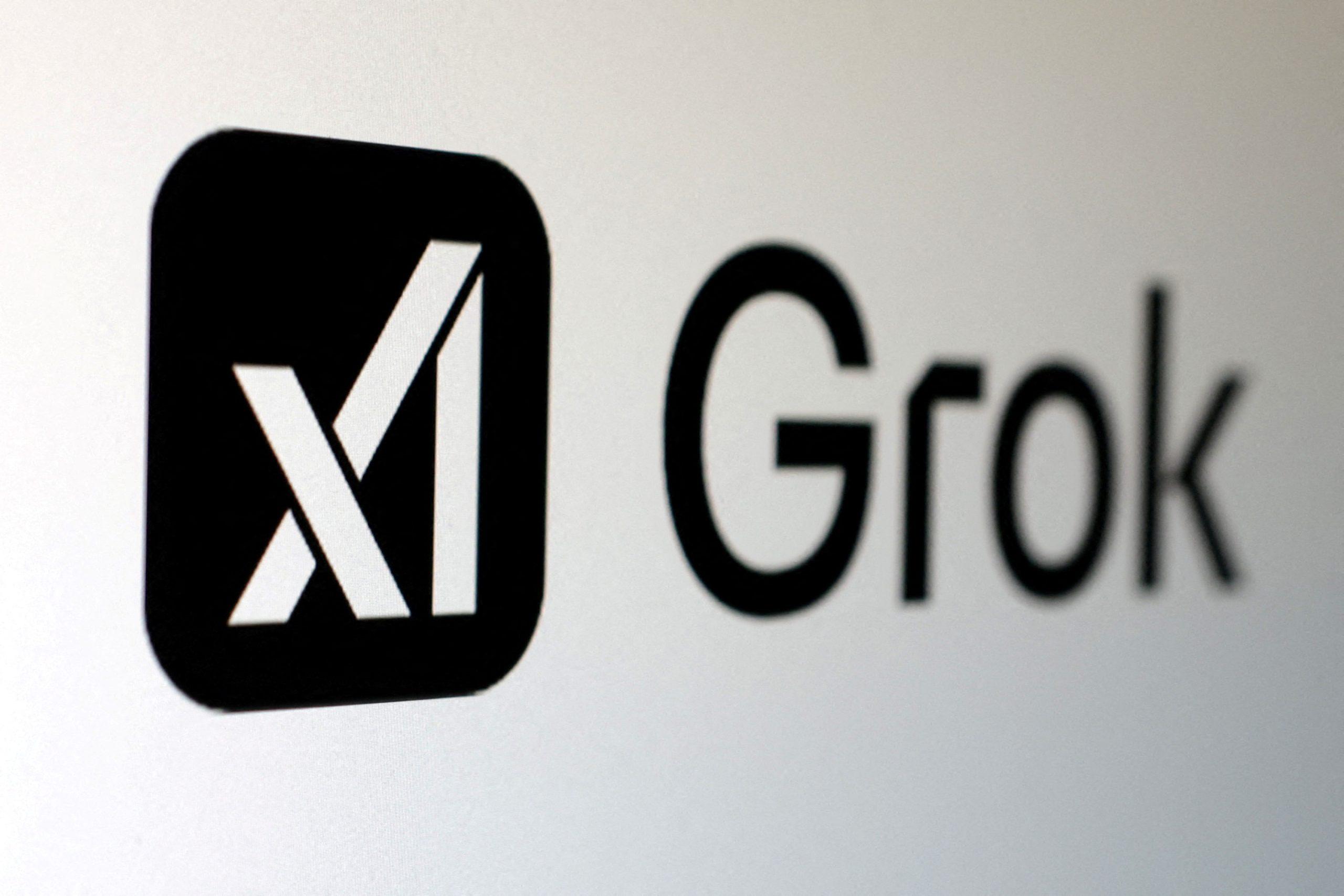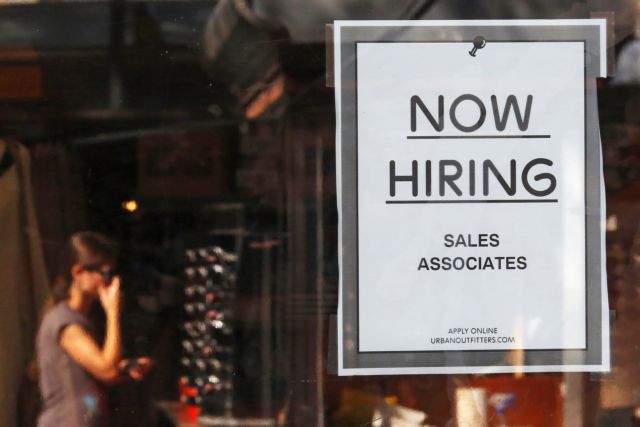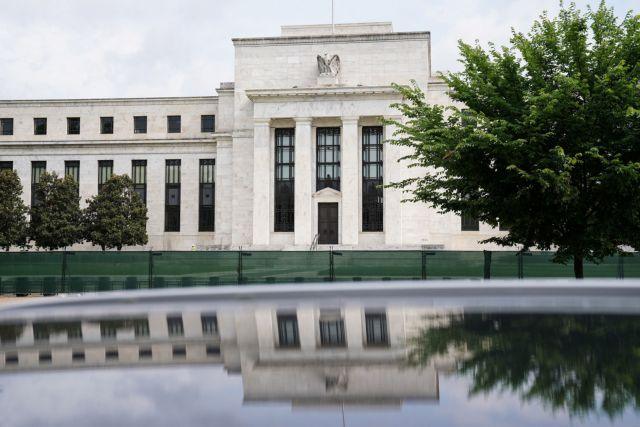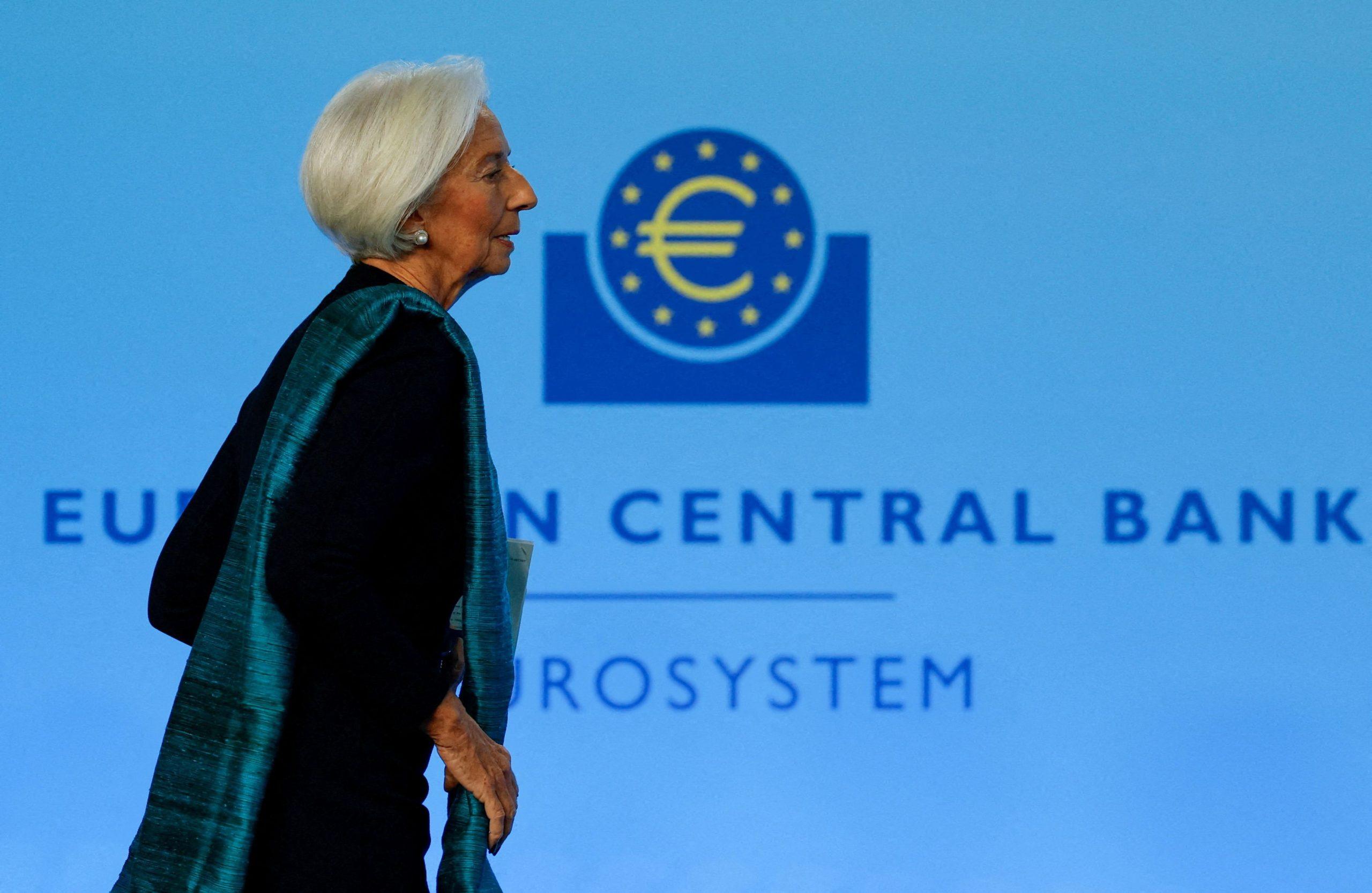The governor of the Bank of Greece may have a reputation for “talking a lot”, but rarely – almost never – during the two years of New Democracy rule did he openly express his concerns about the course of the economy. He was always careful.
But now that the alarm bell is ringing as at the end of the year the protection measures for workers and companies that were successfully implemented in 2020 and throughout 2021 expire.
Giannis Stournaras said publicly that “borrowers from vulnerable sectors of the economy may face serious problems after the complete lifting of support measures”, and consequently the banks that will be loaded with a new batch of red loans.
To continue the governor’s reflection, we would add that the problem is even greater as hundreds of companies were kept alive with measures such as suspension of work, coverage of half the salary costs of their employees with the COOPERATION program, repayable advances, subsidies, loans and installments, government guarantees, suspension of payment of taxes and other obligations, will be at the end of the year in the dilemma: What do we do now, continue and pay or close down?
The dilemma creates great anxiety for the employees who for a year and a half have been under a protective umbrella, since all the companies have entered into support programs on the condition that they retain the same number of staff, ie do not proceed with redundancies.
As shown in the 2022 draft budget, anti-COVID spending is being reduced from € 16.7 billion this year to € 2.6 billion. In other words, we are talking about a sudden landing that in combination with the energy crisis and the coming wave of accuracy can create explosive conditions for small businesses and their employees.
The problem is in the knowledge of the financial staff, which should seek a solution for a smoother landing in the new reality.
